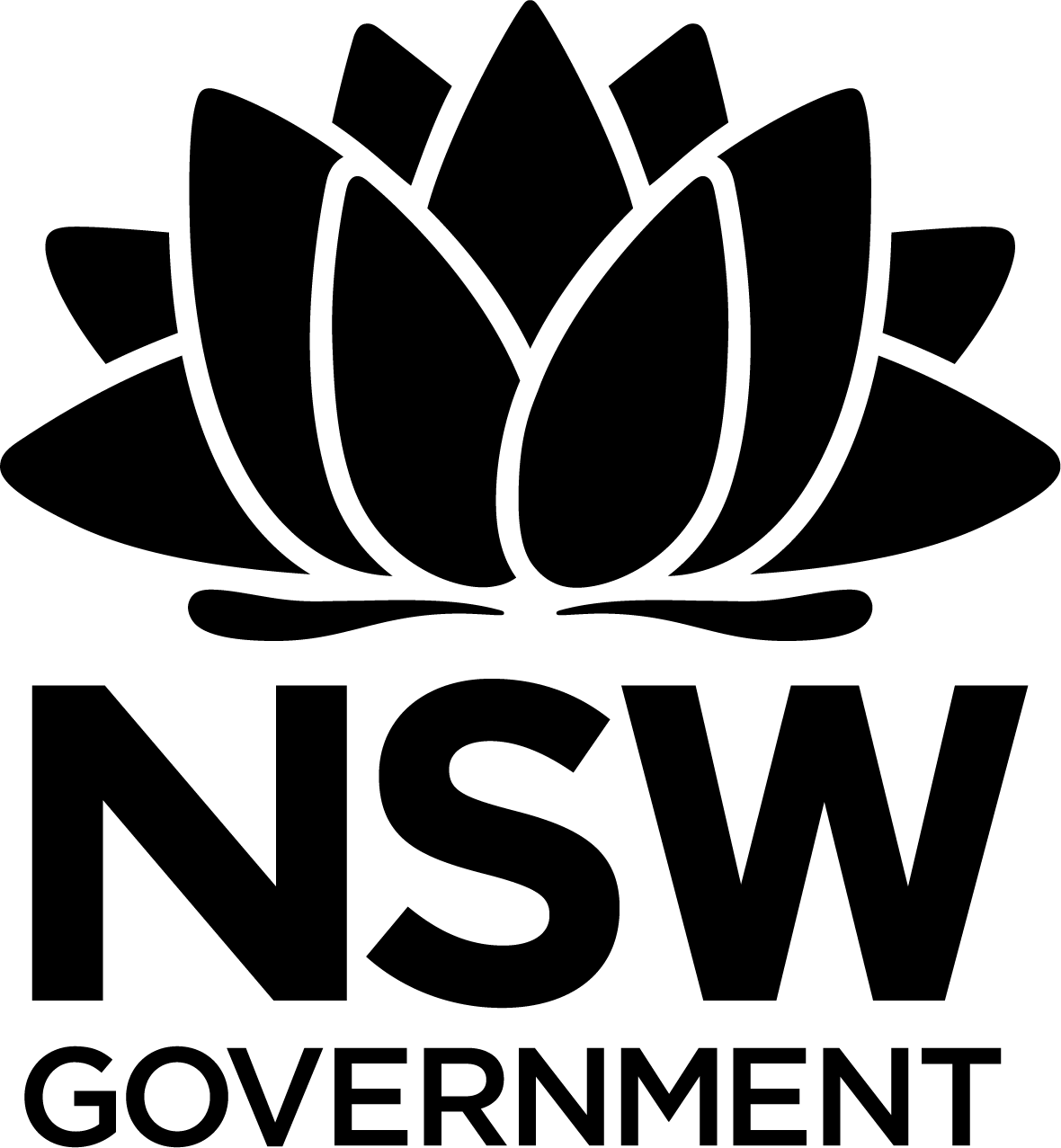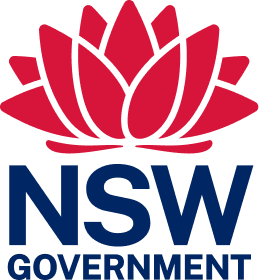
Crown land manager resource
Bundgeam Preschool has lessons for all
1 November, 2022
An historic preschool nestled among nature and farmland in the Northern Rivers region is proving a great example of Crown land management that’s helping the community build resilience, connection and environmental awareness.
The Bundgeam Preschool sits on about four hectares of picturesque former farmland donated to the Crown more than a century ago.
It lies closer to the Queensland border than the small NSW town of Kyogle, about 35km southeast and is sandwiched between the Border Ranges and Toonumbar national parks.
The surrounding area is both the gateway to some of Australia’s most important rainforests, and home to dairy farms, cattle and forestry.
The property was used as a primary and high school for farming families from 1912-1978, when it closed its doors for four years, before being revived as a preschool.
Largely unchanged for more than a century, the modest timber building on the site has also long held a pride of place as a local cultural centre. The preschool is set to celebrate its 40th anniversary in October 2022 with past students expected to return to reminisce about their early days with the latest crop of young children.
The preschool is among many Crown land sites with an active community purpose and is across the road from the Bundgeam Hall, another Crown land property.
Crown land manager Sue Jenner is also the Bundgeam Preschool director, and says the two roles are complementary, as being a good custodian for Crown land also benefits the preschool community.
Ms Jenner said that she believes she had “the best job in the world” by being close to nature, her community, and the children.
With the help of recent government-backed governance training, Ms Jenner is helping guide the preschool towards key Crown land 2031 strategic plan goals to help it better:
- connect with community groups
- share their green open space
- help the local economy and tourism
- advance Aboriginal interests
Drought, fire, flood, Covid-19: Preschool rises above the challenges
There are many projects at the school, ironically in response to some of the tough challenges of rural life such as drought, bushfire and floods. Covid-19 has also impacted the school.
Fortunately, Ms Jenner, with support from her preschool committee has secured a series of grants to help respond to those challenges.
Funded projects in the past few years have included:
- $40,000 Education Department funding for water tanks, pumps, toilets and landscaping and drainage works; covered eating/meeting area
- $42,000 from the Foundation for Rural and Regional Renewal (FRRR) for a solar power system and bike path
- $10,000 from Healthy North Coast for a community garden
- $1,500 from Essential Energy for a new washer and dryer
- $1,000 from Community Choices for educational equipment
Just one example of the way the school has bounced back from setbacks; after the drought buckled concrete footings, the school won funds for new water tanks to increase its self- reliance.
The drought was followed by 2019 bushfires that triggered untold stress for the staff, children and community, with the blaze coming within 13km of the centre and bringing choking smoke and lasting trauma.
In response, the school built the Bundgeam Healing Garden, with the support of Healthy North Coast, drawing on the advice of local Aboriginal elders to create a safe space for children and counter the trauma of those fires.
Ms Jenner said the community garden had become a place of “learning and healing”, enabling children to talk about the hardships caused by bushfires “in a non-traumatic setting”. The garden also created chances to learn about caring for and respecting nature and understanding Indigenous cultural activities of “burning to grow” to counter anxiety about fire.
Post-bushfire “resilience” grants, two of them through the FRRR helped to create a community bike track and solar power system, which were recently been installed.
The bike track is open to all outside preschool hours, while the community garden had just been replenished with winter growing stock and would continue to give back to local families.
She said the preschool had also sought funds to help children and their families recover mentally, with a plan to have a therapists visit with “therapy” animals.
In yet another natural disaster, floods in February and March 2022 swept away a recently installed preschool sandpit, with another grant helping to pay for the six tonnes of sand needed to replenish the play area.
Ms Jenner said those emergencies, but particularly the bushfires, had prompted the committee to formalise the preschool’s status as a meeting and resource centre during disasters.
Bush preschool hopes to grow and build on its community connection
As a hub for the community, the school was also an “essential service” throughout Covid-19 which meant it was able to continue to provide spaces for children of local families during that time.
And although its not-for-profit status means its primary mission is not to make money, Ms Jenner believes the preschool’s economic importance to the region would grow under a new strategy by the NSW government to support five days of preschool for every child.
Ms Jenner said the preschool was in talks with authorities and supporters for funding and approval to expand and upgrade the centre to allow it to double its capacity and cater for more children.
“Those new initiatives will make us more viable and better able to serve the community,” she said.
That desire builds on an existing commitment to provide an early education that big cities just can’t match.
Ms Jenner said one of the biggest benefits of a bush-based preschool was the chance for the 25 enrolled two- to five-year-olds to enjoy frequent excursions across “farmer Craig’s” nearby property to the nearby Findon Creek.
“Because we’re so rural we have the ability to go on walks down to the creek and to incorporate bush and nature-based play into our daily learning.”
“At the moment we’ve collected a lot of caterpillars that have turned themselves into cocoons from the paddock next door, and we’re going to watch them grow into butterflies.
The children can also just look out the windows to see the tractors or cows being mustered, so it’s not your average city preschool.”
Training a boost for Crown land manager
Ms Jenner said the preschool had granted her “time off the floor” for grants application and administration tasks related to Crown land management.
But she had also studied on her own time to complete the Diploma of Governance with the Institute of Community Directors Australia (ICDA), which specialises in training for not-for-profits, including Crown land managers.
She said the qualification had given her a greater understanding of strategy, constitutions, funding, and policy and she was already putting that study into practice.
For example, the preschool was looking at changing its constitution to allow for wider community representation and for longer-term appointments to better reflect its needs. She had also realised that the previous strategic plan was too long.
“The course made me realise that it was better to have a simpler version, that was easier to maintain and for others to understand.”
ICDA lead trainer Lisa Jennings said Ms Jenner was a worthy recipient of one of the Crown land diploma scholarships.
“At the time she applied she told us that she wanted to use this Crown land ‘to its fullest potential’, and from what I can see the preschool is doing just that.”
She said that the school was hitting most of the goals of the Crown land 2031 strategic plan around community connection, boosting the local economy, advancing Indigenous interests and increasing access to green open space to others.
“For a small rural preschool, it’s definitely making a big impact in its community,” Ms Jennings said.
-
Media contact:
Matthew Schulz, journalist, Institute of Community Directors Australia

This Crown land manager web resource was printed on 25 Apr 2024. The information contained in this web resource is based on knowledge and understanding at the time of writing Apr 2024. However, because of advances in knowledge, users are reminded of the need to ensure that the information upon which they rely is up to date and to check the currency of the information by referring to the website (www.reservemanager.nsw.gov.au).
© State of New South Wales through Department of Planning, Industry & Environment 2024.
Page link: https://reservemanager.crownland.nsw.gov.au/news-and-events/profiles/bundgeam-preschool-has-lessons-for-all

